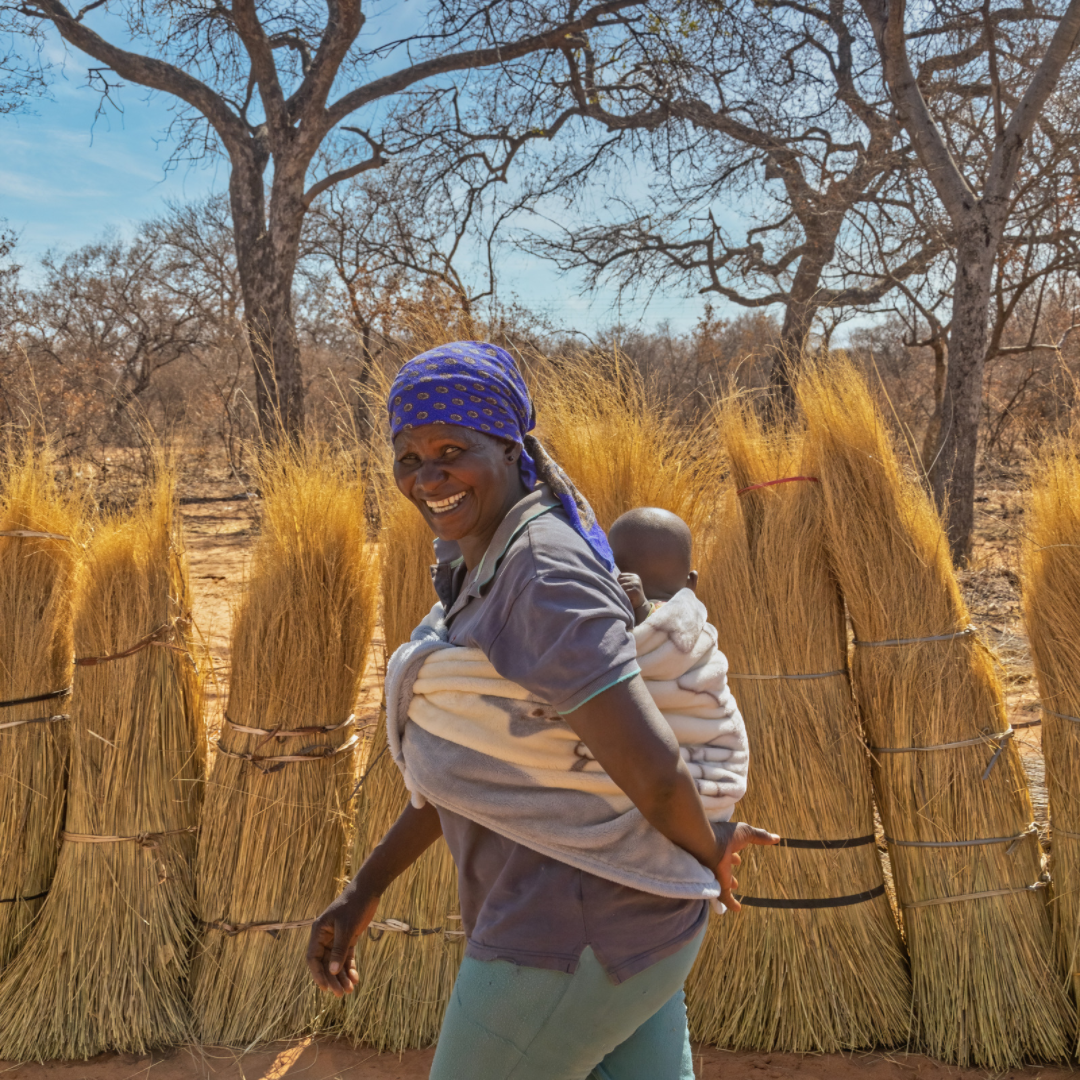When You See the Whole Story

At first, it sounded like a boarding school. Yes, children are away from their parents, but they seem to be taken care of – *seem* being the key word.
You look and you see beds, refrigerators, toys, books, school supplies, all the necessities. The children appear to be healthy, some even with giant smiles.
It’s called an orphanage, but really, it’s just a holding place for the parents until they are financially stable, or their children are old enough to help with the financial means. Then they return. It’s not ideal, but you can make a case that this is okay.
Then you visit more than once. You drop by unannounced. You befriend a caretaker. Then you see the whole story.
Beds absolutely littered with cockroaches and their eggs. Toys placed on the very top shelf and only lowered when visitors or parents show up. The best food reserved for the directors while the children eat the exact same meal every single day. Report cards that show poor grades due to a lack of one-on-one attention. Bruises. Tears. Isolation.
Parents who love their children and want to be in their lives, should not have to make the decision between placing them in an orphanage where they will be able to at least survive, and keeping them in their care where they may starve to death.
Yes, there are some situations where an orphanage really is the only option: Death, abuse, addiction. The stark truth is that those desolate cases only make up about 10% of the global orphan crisis. Even if it was 1%, there is no question that something should be done. Organizations should be formed to help those children who are indeed orphaned. Heroes go into these orphanages every single day to try and improve the conditions and share the love of Christ with them. We applaud them. We are in no way trying to diminish their work. It is very much needed!
However, close to 95% of orphan care does not focus on what 90% of the problem is. There are millions of children all over the world that should not be labeled “orphan,” who should be with their family instead of in an orphanage. Organization after organization, in their valiant attempts to relieve the orphan crisis, are, perhaps, feeding into the problem. More money, more visitors, more possessions. More parents assuming that the orphanage life must be better.
The same wheel keeps getting reinvented and the cycle continues.
C.A.U.S.E. Uganda is seeking to be one of the 5% who addresses the larger issue at hand. Empowering the parents. Focusing on family preservation. Listening to the cries of mom and dad, grandma and grandpa, aunt and uncle.
There are other organizations who have this same goal in mind. We are not claiming to be the first to realize a different approach must be taken. We do, nonetheless, have four unique things about us that set us apart from other organizations.
Our next blog post will highlight these 4 distinctive factors.